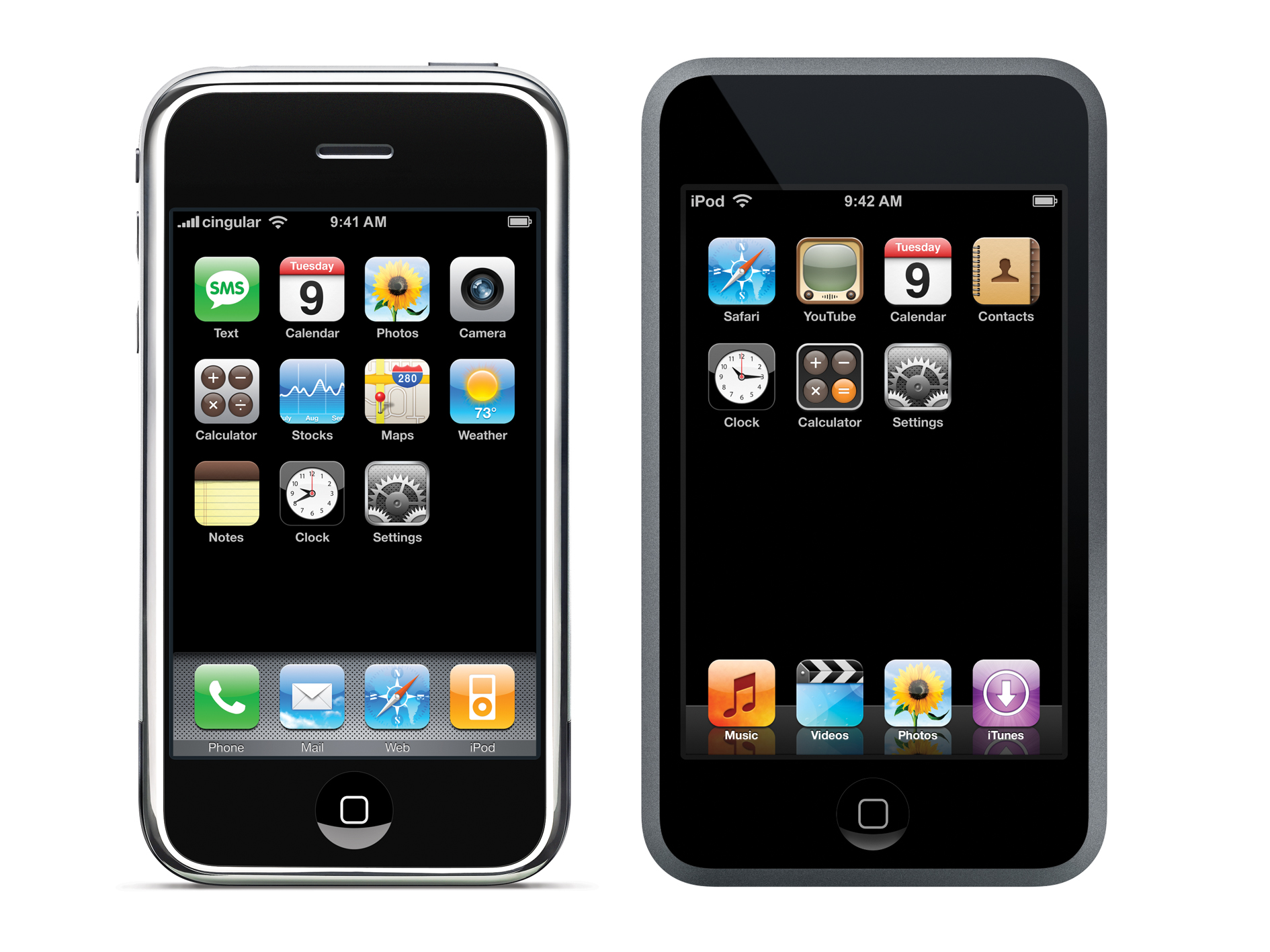BBC happy to go DRM free?
Auntie unconcerned at iPhone hack

Following the news earlier this week about the BBC's apparent decision to allow iPhone users to access its programming in a non-DRM-protected H.264 format – potentially allowing users on desktop computers to download and keep unrestricted videos – TechRadar polled a number of developers and Apple specialists for their response.
"The problem is that [the BBC] has used a simple web page/media player combination to play the videos, basically iPhone iPlayer is a bit of a hack," we were told by Marcus Dyson, CEO of developer eleventeenth.com. "They rely on the 'user agent' to identify that it's an iPhone, and then they deliver DRM-free content, because the iPhone does not support DRM video.
“What they need is to use the SDK to create an iPlayer client application, then work with Apple to get a list of all iPhone MAC addresses - the client would need to verify the MAC address before the site delivers content,” he added.
Alternatively, Dyson continued, “they could just make the client support DRM... However, the web-page version of iPhone iPlayer seems to present an insurmountable problem for the BBC and their only obvious solution right now is to live with the issue - which their charter may not allow them to do (as it makes content paid for by the UK license-payer freely available to foreigners) - or pull the iPhone iPlayer.”
The iPhone, of course, does support DRM - the FairPlay DRM that Apple attaches to some of the content bought from the iTunes Store. And that includes some BBC Worldwide programmes, like Ashes To Ashes, which are available to buy for £1.89 per episode. What the BBC wants - and what Apple doesn't yet deliver in the UK - is the ability to offer time-limited downloads, although these are expected to spring up later this year when Apple launches its iTunes Movie Rental Store.
Back-door testing of DRM-free content?
MacFormat’s Christopher Phin has a different take on what he feels are the real issues at stake here, telling us today:
Sign up for breaking news, reviews, opinion, top tech deals, and more.
“I wouldn’t be surprised to learn that the BBC is using this to test out the reaction from the industry and consumers to DRM-free content.”
As for the suggestion that this contravenes the BBC’s charter, Phin disagrees: “I’d be interested to know if they’ve had the go-ahead from the programme makers to do this, but I wasn’t aware that the charter mandates the use of DRM. I would assume that the appetite for DRM comes from the content providers, not the BBC itself.
Phinn added: "It’s possible that the BBC will build an app for the iPhone or iPod touch, possibly just an optimised browsing engine like the existing YouTube app, but there’s no reason why it couldn’t be an entirely web-based system, particularly given the iPhone’s ability to add quick links to websites directly to its home screen.”
Currently in beta
TechRadar spoke with a BBC spokesperson earlier today who informed us that the iPlayer workaround, "is not unusual or surprising” and that the BBC is “working with our partners to ensure that our content is delivered to users in a secure way.”
The BBC spokesperson added: “We have made it clear that BBC iPlayer on iPhone and iPod touch is currently in beta, which enables us to pick up on such issues and find a solution before we roll the service out in full in due course."
Apple was not available for comment at the time of going to press, but we have requested a response so watch out for an update shortly
